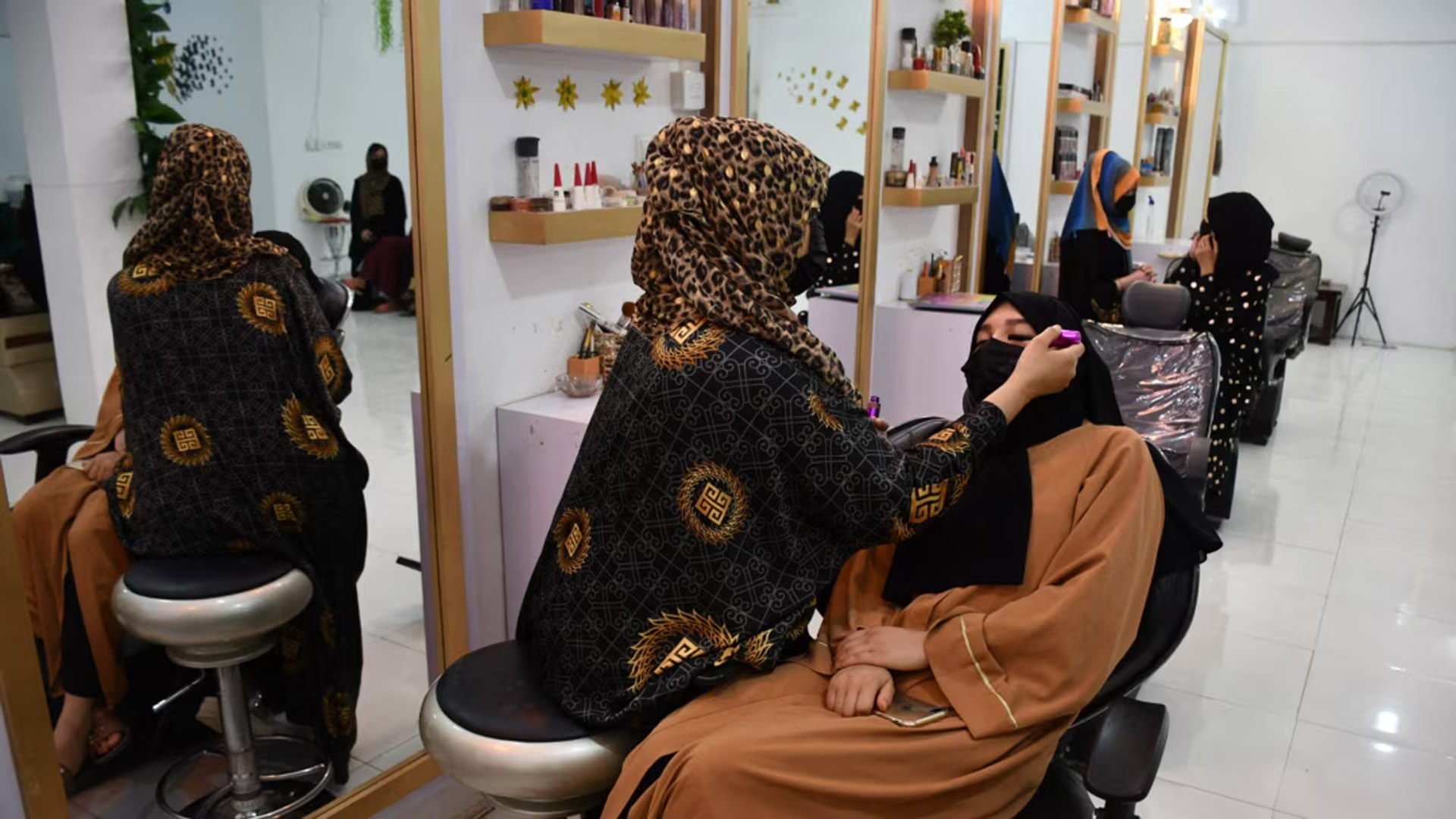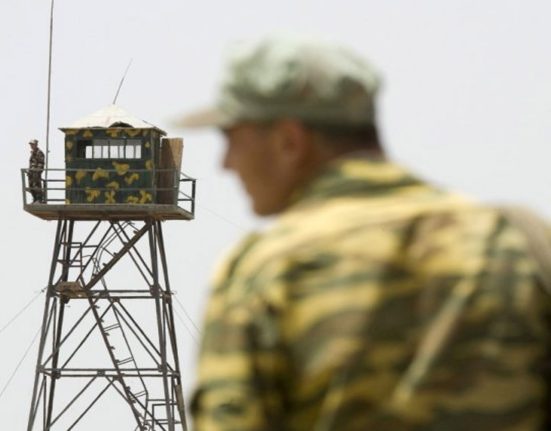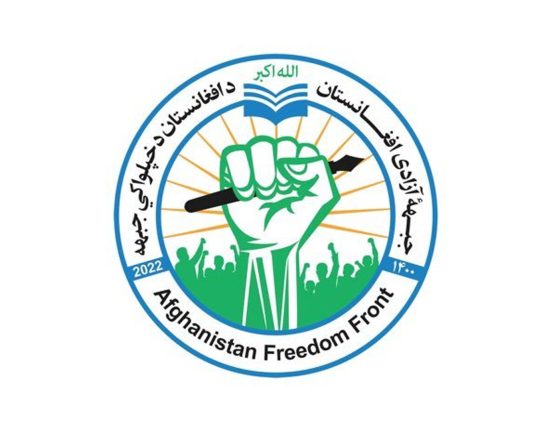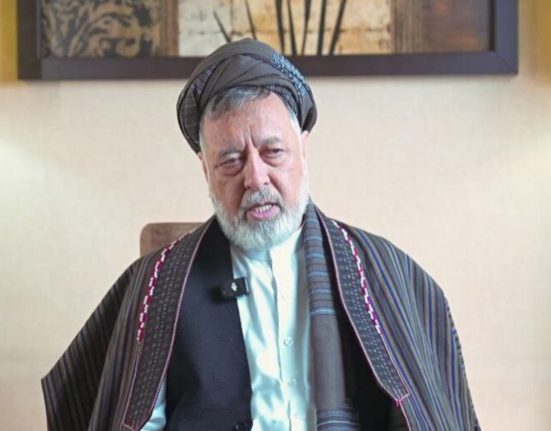
Women hairdressers: The Taliban demand money from us and make immoral offers.
Reports from several women hairdressers in Kabul paint a grim picture of corruption and abuse by Taliban forces, where they ostensibly claim to implement “Sharia” but in practice engage in threats, blackmail and abuse of women’s rights.
One of these women, referring to her relationship with the Taliban district chief, says: “We were in touch with the district chief… on WhatsApp, he would always send romantic stickers. One day when I went to him to pay him to keep my hair salon open, he gave her strange looks.
When I got home, he called me and made some immoral offers and said that if I accepted, I would no longer pay the hazwa. After that, I closed my hair salon and moved somewhere else.”
Another woman said: “The Taliban make many unreasonable demands on us, they look at us like prostitutes. They say if you need money, close your hair salon, we will help you. We are not from a family where the Taliban would say such things to us and we would respond to their chatter. We want to work and work hard ourselves.”
Also, female hairdressers have reported that during inspections by the Ministry of Good and Prevention of Evil, they have raided secret hair salons and confiscated their equipment. Some of these women have been released after short detentions, but they face threats and severe psychological pressure.
The women, who asked not to be named for security reasons, reported receiving repeated calls and threats from Taliban forces, and said they would be prosecuted and threatened if they refused their immoral requests. Some Taliban security areas extort up to 100,000 Afghanis per month in exchange for permission to operate.
While the Taliban claim to administer Islamic justice, these accounts show that the apparatus under their command has become a source of corruption, intimidation, and repression, rather than support and protection. The lack of accountability of Taliban spokespeople also adds to the deterioration of the situation, indicating that these behaviors are not individual mistakes but part of the structure of corruption within the group.
This situation not only destroys the credibility of the Taliban’s claim to follow Islamic principles, but also provides the ground for the growth of social discontent and the weakening of their legitimacy.







